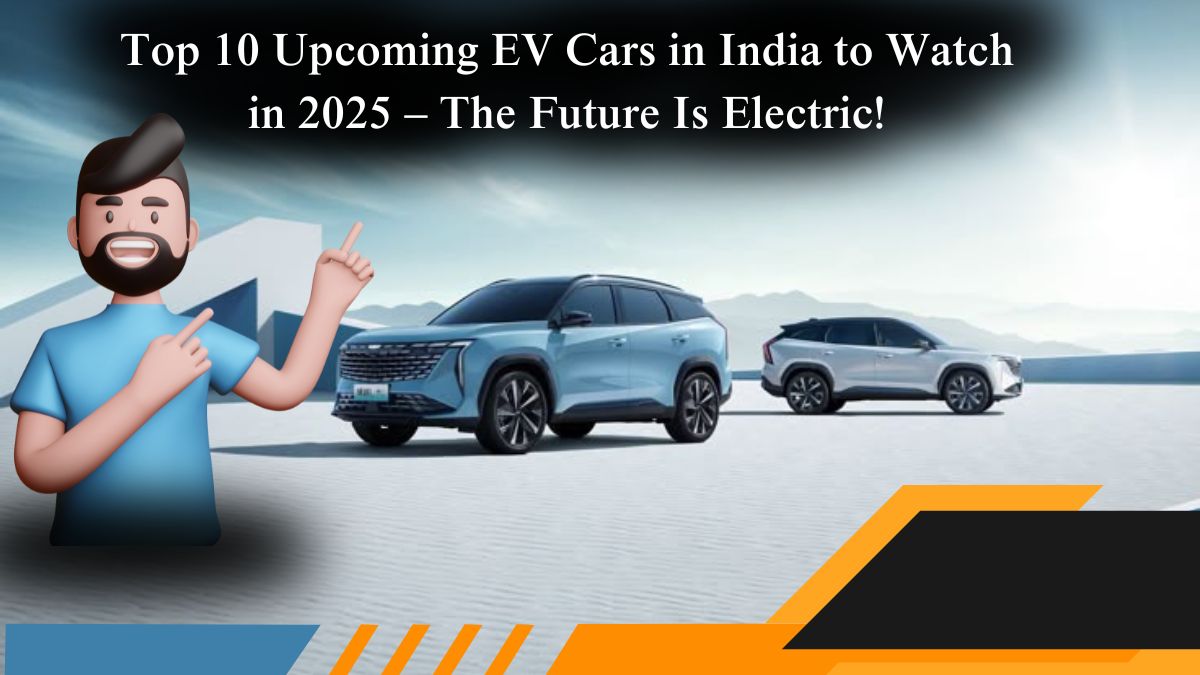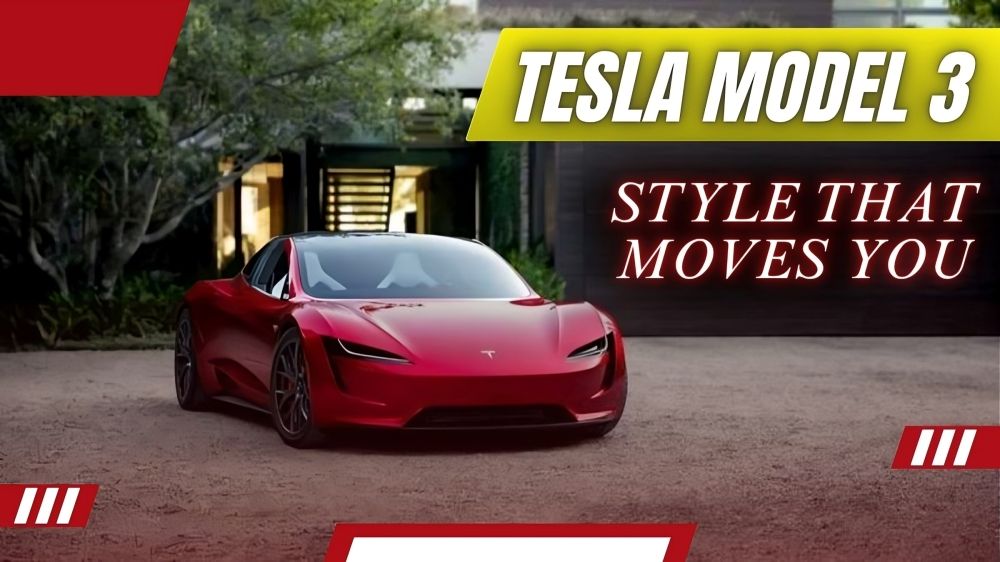The automotive world is buzzing with excitement as Xiaomi SU7, the tech giant’s first electric car, makes headlines across the globe. Known for its smartphones and gadgets, Xiaomi has now stepped into the automobile industry with a futuristic EV that promises innovation, performance, and affordability.
With a stylish design, premium interior, long driving range, and advanced technology, the SU7 electric car could be a real game-changer in India. In this article, we’ll cover the Xiaomi SU7 price in India, expected launch date, features, specs, interior details, and how it compares with rivals.
Xiaomi SU7 Launch Date in India
The SU7 was first revealed in China in December 2023, with deliveries starting in 2024. For India, the expected Xiaomi SU7 launch date is around late 2025 or early 2026, depending on government EV policies and market demand.
If launched on time, the SU7 will arrive just when Indian buyers are actively shifting towards affordable luxury electric cars.
Xiaomi SU7 Price in India
One of the hottest questions is: What will be the Xiaomi SU7 price in India?
In China, the SU7 costs around ₹21–28 lakh (converted). For the Indian market, experts expect the Xiaomi SU7 price in India to be between ₹25–30 lakh (ex-showroom).
This pricing will put it in direct competition with premium EVs like the BYD Seal, Hyundai Ioniq 5, and Kia EV6.
Xiaomi SU7 On-road Price in India
While the ex-showroom Xiaomi SU7 price in India is expected to start from ₹25 lakh, the on-road price will be higher due to registration, insurance, and state taxes.
- Expected Ex-showroom Price: ₹25–30 lakh
- Expected On-road Price in India: ₹32–35 lakh
This makes the SU7 an affordable luxury EV sedan compared to rivals that cost above ₹40 lakh.
Xiaomi SU7 Electric Car – Powertrain & Technology
The Xiaomi SU7 electric car comes with advanced battery and motor options. It is offered in both single-motor RWD and dual-motor AWD configurations.
- Battery Options: 73.6 kWh (Standard) / 101 kWh (Pro)
- Power Output: Up to 673 hp (AWD variant)
- Transmission: Automatic (single-speed EV gearbox)
- Range: 668 km to 800+ km (depending on variant)
This makes it one of the most powerful and efficient electric cars in its price bracket.
Xiaomi SU7 Top Speed & Acceleration
Performance is a key highlight of the Xiaomi SU 7 electric car.
- Top Speed: 265 km/h (for AWD Pro variant)
- Acceleration (0–100 km/h): 2.8 seconds (AWD) – 5.3 seconds (RWD)
- Torque: 600+ Nm
With these numbers, the Xiaomi SU7 top speed makes it faster than many petrol-powered sports sedans.
Xiaomi SU7 Interior – Comfort & Luxury
Step inside the Xiaomi SU7 interior, and you’ll see a perfect mix of technology and luxury. The cabin is designed to give both comfort and a premium futuristic feel.
Interior Highlights:
- 16.1-inch central touchscreen with MIUI Car OS
- Digital driver display
- Premium leather ventilated seats
- Panoramic glass roof
- Spacious rear legroom (thanks to 3,000 mm wheelbase)
- 25-speaker Dolby Atmos sound system
- Face recognition unlock and keyless entry
The Xiaomi SU7 interior clearly sets a new benchmark in the mid-range luxury EV category.
Exterior Design & Aerodynamics
The SU7 draws design inspiration from premium EVs like Porsche Taycan and Tesla Model 3. Its coupe-like silhouette gives it a sporty, elegant look.
- Sharp LED DRLs with Matrix headlamps
- Aerodynamic body with drag coefficient of 0.195 Cd
- Flush door handles
- Premium 19/21-inch alloy wheels
- Sleek tail-light design
Dimensions of Xiaomi SU7
It is a large premium sedan with impressive road presence.
- Length: 4,997 mm
- Width: 1,963 mm
- Height: 1,455 mm
- Wheelbase: 3,000 mm
This ensures more cabin space than many of its competitors.
Features & Technology
Being a Xiaomi product, it comes loaded with smart features:
- MIUI Car OS with smartphone-like interface
- Level 2+ ADAS (Advanced Driver Assistance System)
- Over-the-air (OTA) software updates
- Wireless Android Auto & Apple CarPlay
- Adaptive air suspension
- Advanced regenerative braking
- Smart connectivity with Xiaomi devices
Xiaomi SU7 vs Rivals in India
The Xiaomi SU7 price in India and features make it a rival to some of the top EVs:
- BYD Seal – premium EV sedan, priced higher
- Hyundai Ioniq 5 – stylish EV, but less range
- Kia EV6 – sporty design, costlier
- MG ZS EV – affordable, but fewer luxury features
- Tesla Model 3 (if launched) – global rival, but more expensive
Clearly, it offers the best balance of price, features, and performance.
Pros and Cons
Pros:
- Affordable price compared to rivals
- Long range up to 800 km
- Smart interior with advanced tech
- Futuristic design inspired by luxury EVs
- High performance (0–100 km/h in 2.8 sec)
Cons:
- Xiaomi is new in the auto industry (brand trust issue)
- Service & charging network in India will take time
- Launch date still unconfirmed
Conclusion
The Xiaomi SU7 price in India is expected to be between ₹25–30 lakh (ex-showroom), which makes it a value-for-money premium EV sedan. With its luxury interior, high top speed, futuristic features, and long driving range, it is set to attract buyers looking for an affordable Tesla-like experience in India.
If Xiaomi manages to keep pricing competitive, the SU7 could become one of the best-selling electric sedans in India after its launch.
FAQs About Xiaomi SU7 Price in India
Ans. The Xiaomi SU7 price in India is expected between ₹25–30 lakh (ex-showroom).
Ans. The on-road price could be around ₹32–35 lakh depending on state taxes.
Ans. The launch is expected in late 2025 or early 2026.
Ans. The Xiaomi SU7 top speed is 265 km/h (AWD variant).
Ans. The interior is premium, featuring a 16-inch MIUI OS display, leather seats, panoramic sunroof, and Dolby Atmos speakers.
Ans. Yes, the SU7 is a pure electric car with up to 800 km range.


